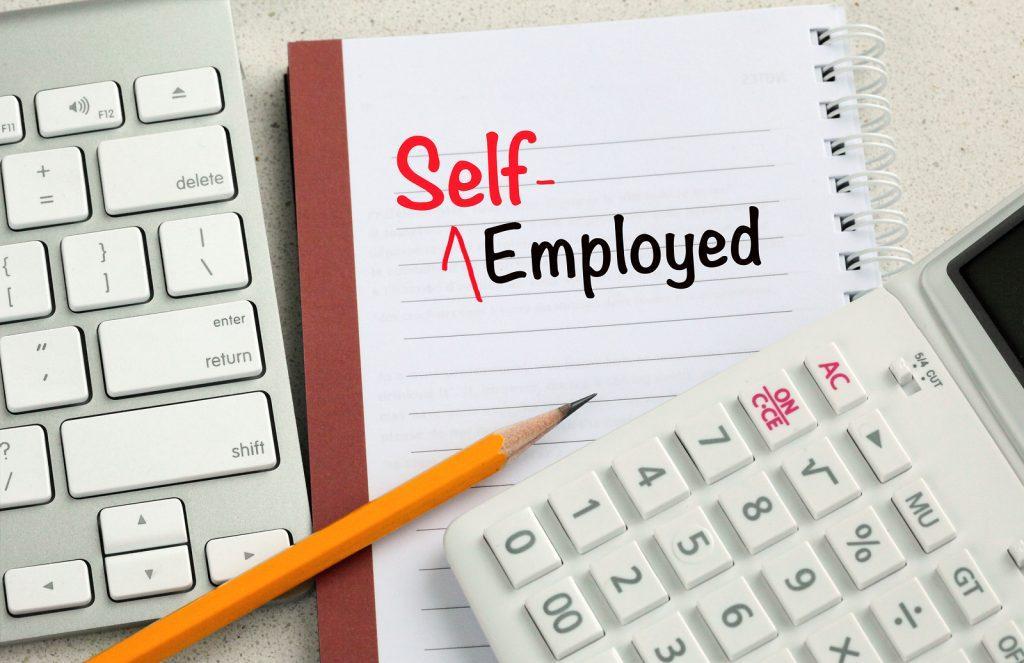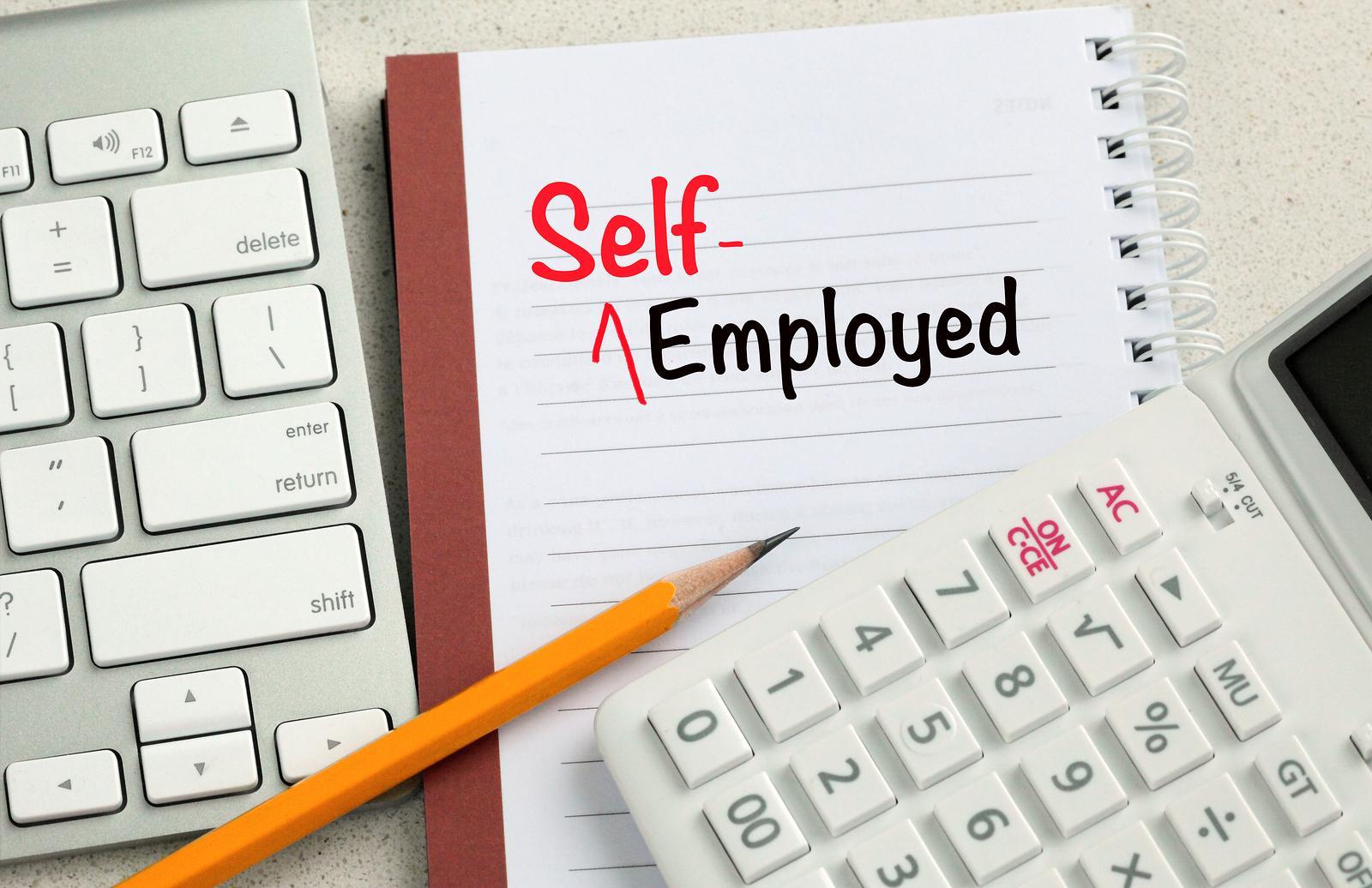It seems no news is good news for the self-employed lately, as discussions around IR35 and Universal Credit seem to indicate they are under attack when they earn and when they don’t.
Personal Service Companies and IR35
The current regulations for working off-payroll, known as IR35, were introduced in 2000 with the aim of preventing taxpayers avoiding employment taxes by working through their own personal companies.
In April last year, there was a tightening of these rules in the public sector as responsibility for deciding whether IR35 was applicable, and for deducting the appropriate taxes, passed from individual contractor to public authorities.
However, the government has now launched an inquiry into IR35-related tax avoidance in the private sector, sparked by the revelation that the BBC forced staff wanting to work freelance to work instead as contractors through their own personal service companies – even though they were, to all intents and purposes, employees.
Mike Cherry, national chairman of the Federation of Small Businesses (FSB) has said the Government “must not try and unfairly single out the self-employed once again.”
He fears the burden of complying with off-payroll rules and paperwork will put employers off of hiring freelancers.
“By weighing employers down with this admin, you’re threatening to reduce the flexibility with which they can utilise the genuinely self-employed. That flexibility is a key selling point for contractors.
“The fear of making an honest mistake could stop employers taking on the genuinely self-employed, even when it’s clearly the right thing to do.”
He said the FSB are keen to add their input and recommendations to the consultation.
“Any rule changes made off the back of this consultation need to be straightforward, transparent and come with minimal disruption to small employers who don’t have big HR departments or legal teams,” he warned.
Universal Credit Discrimination
As it stands, both self-employed and employed Universal Credit claimants receive the same treatment during their first year. However, in year 2, support for the self-employed is calculated according to the Minimum Income Floor (MIF). The FSB says this can mean they lose hundreds of pounds worth of support each month.
The Work and Pensions Select Committee has recommended extending this start-up period to three years to make Universal Credit fairer for the self-Employed.
Rt Hon Frank Field MPO, Chair of the Committee, said:
“Universal Credit was not designed with self-employment in mind and it shows. Its current set-up for people starting and running their own business risks crushing potentially viable, productive enterprises.
“At the same time, it risks throwing away the significant investment of taxpayer’s money in them to that point.”
However, Iain Duncan-Smith, the ex-Work and Pensions Secretary, has said that he believes “the year is sufficient” for the start-up period.
Mike Cherry of the FSB responded:
“It generally takes two to three years to get a viable firm off the ground.
“The Universal Credit system fails to recognise that fact and, in doing so, threatens the futures of successful firms.”
He added the Universal Credit could not go on “stinging” the self-employed, and that the current system penalises those for whom self-employment is the best route into work, including, those with caring responsibilities, mental health conditions and physical disabilities.
“By trying to force these people into employment, Universal Credit is bringing misery to those most in need of support,” he warned.
Currently, to continue to qualify for UC while they are getting their business off the ground, entrepreneurs must show they are earning a minimum amount (the ‘Minimum Income Floor or MIF’) after one year.
If they cannot, they cease to qualify as “employed” for benefits assessment purposes, supposedly to prevent the taxpayer from indefinitely subsidising unsustainable, low-paid self-employment.
Income is also assessed monthly, which can cause problems for the self-employed, whose earnings often fluctuate. This system does seem to discriminate against, and fundamentally misunderstand, the nature of self-employment and start-ups.
Have you tried to claim Universal Credit while starting a business or self-employed career? Share your experiences.





Leave a Reply